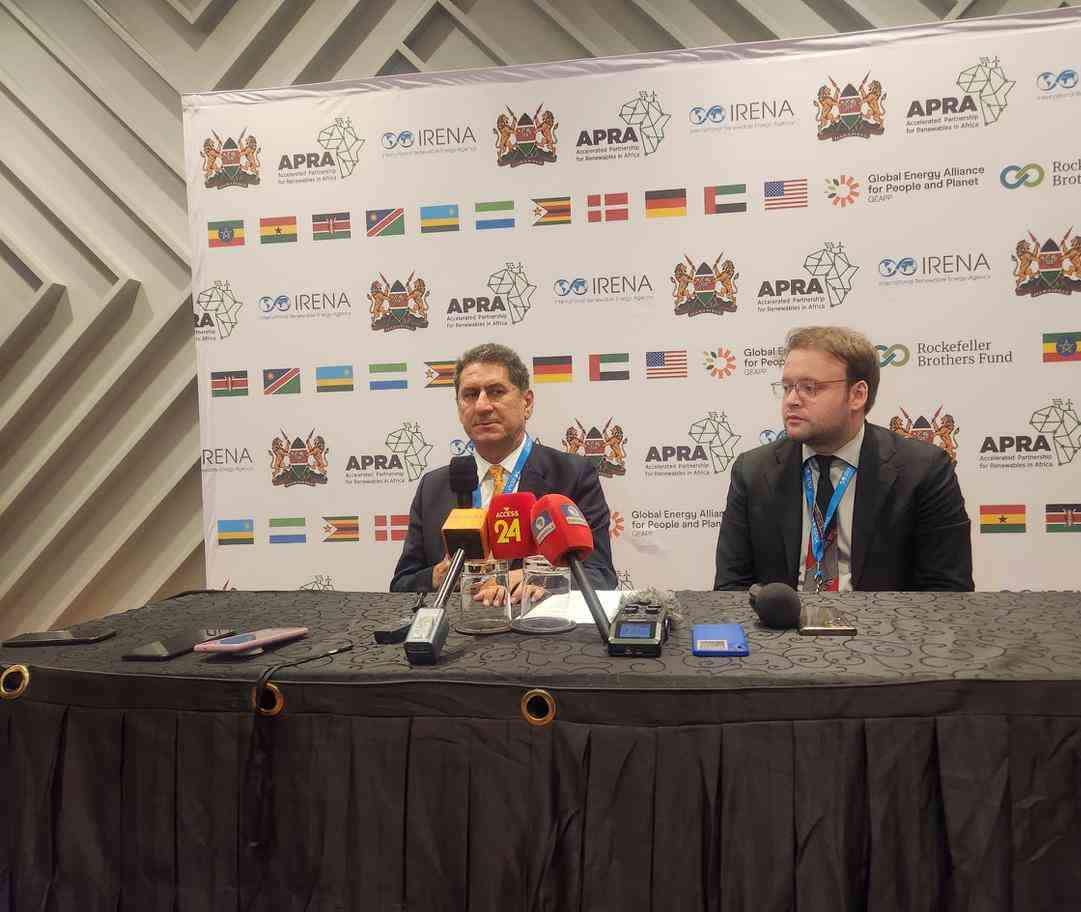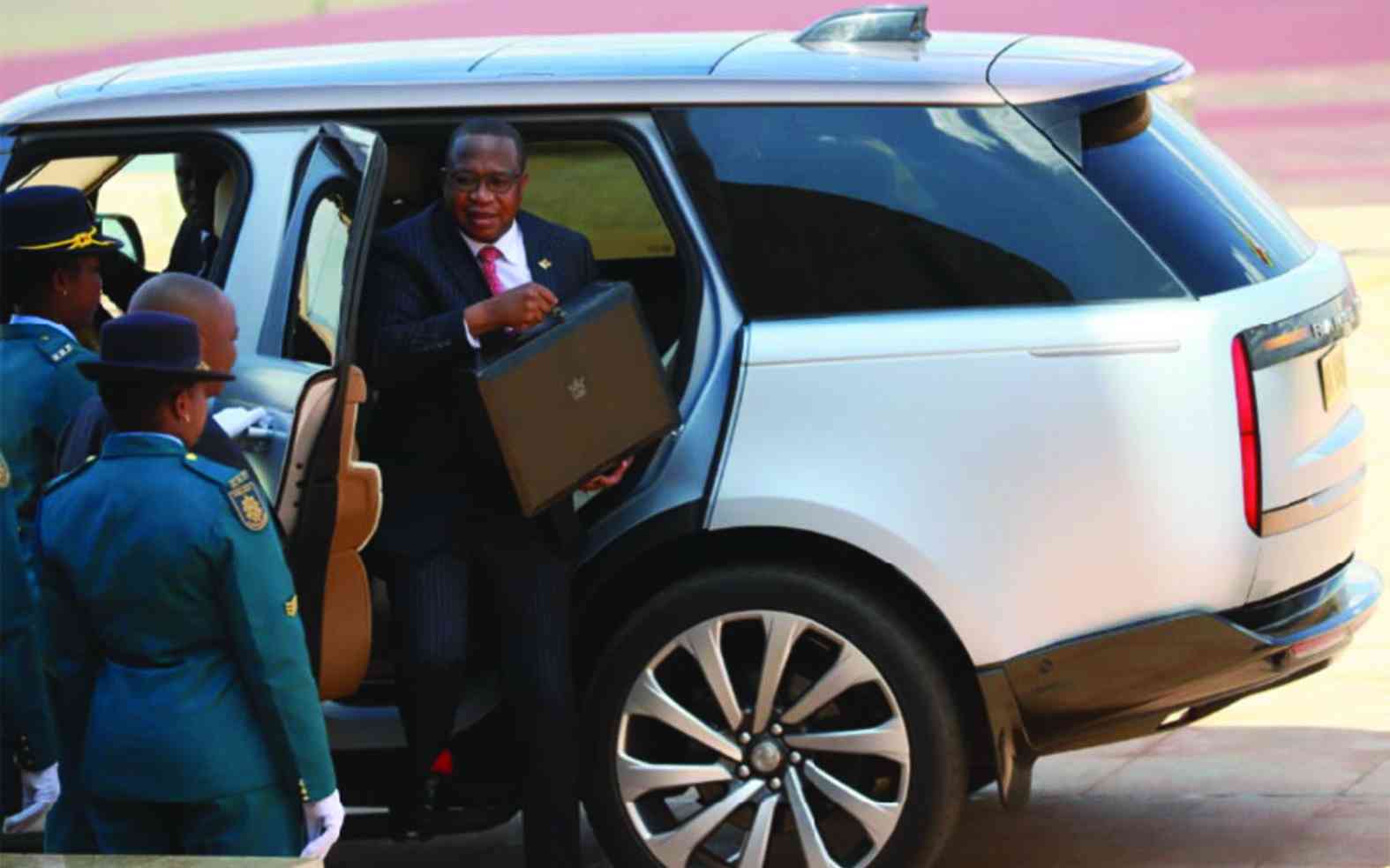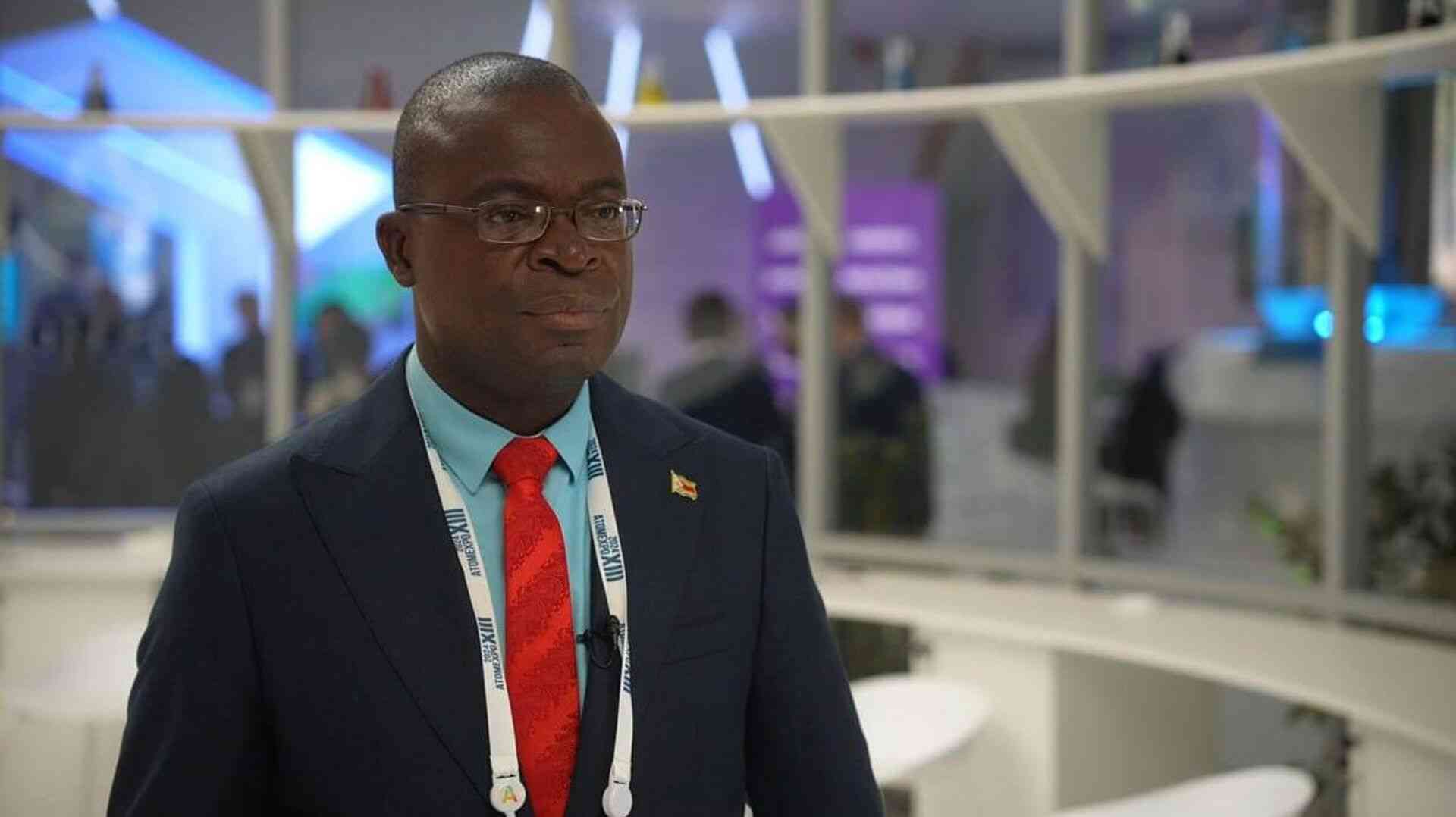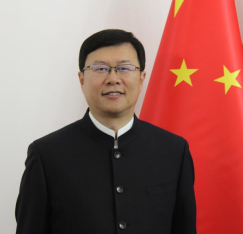
WHILE Africa possesses significant renewable energy potential, there is need for more action from the continent’s leaders and partners to harness clean power for development, growth and resilience, a renewable energy expert has said.
Addressing delegates at the Investment Forum for the Accelerated Partnership for Renewables in Africa (APRA), in Nairobi, Kenya, on Monday, Renewable Energy Agency (IRENA) director-general Francesco La Camera said political leaders need to collaborate with the business sector to promote clean energy use in order to achieve global targets.
“The visionary and ambitious Nairobi Declaration on Climate Change aptly captures the vision and strategy that African leaders have (to) harness the continent’s immense renewable potential for development, growth and resilience,” said Camera.
He added: “So, the time for convincing is behind us: the world knows that (the) business case of renewables is strong; and markets are moving in that direction.
“But to deliver on the promise of sustainable development agenda and change the trajectory of climate change by 2030, markets alone cannot do it.”
Under IRENA secretariat, APRA was founded at the African Climate Summit in September 2023 by Kenya, Ethiopia, Namibia, Rwanda, Sierra Leone and Zimbabwe.
It is aimed at accelerating the energy transitions in the member countries.
According to IRENA research, 473 gigawatts (GW) of renewable energy capacity was added globally in 2023, with renewable energy accounting for 87% of newly installed capacity while only 13% came from fossil fuels and nuclear combined.
- How Africa is building a different energy path
- Need to push for renewables as Africa’s new energy route
- Lawmakers urged to remove policy barriers stifling renewable investment
- ‘Collaboration, innovation key to Africa’s clean energy transition’
Keep Reading
However, energy-transition-related investments in Sub-Saharan Africa were 40 times less than the world average per capita.
According to Camera, this is a sign that the continent has a shared responsibility to ensure that “Africa’s energy transition is not delayed, and that together, we can turn ambition into action.” “We must ensure that this Forum leads to tangible results that directly contribute to transforming the continent’s energy landscape.
It is crucial that the conclusions we reach here lay the foundation for real progress,” he said.











